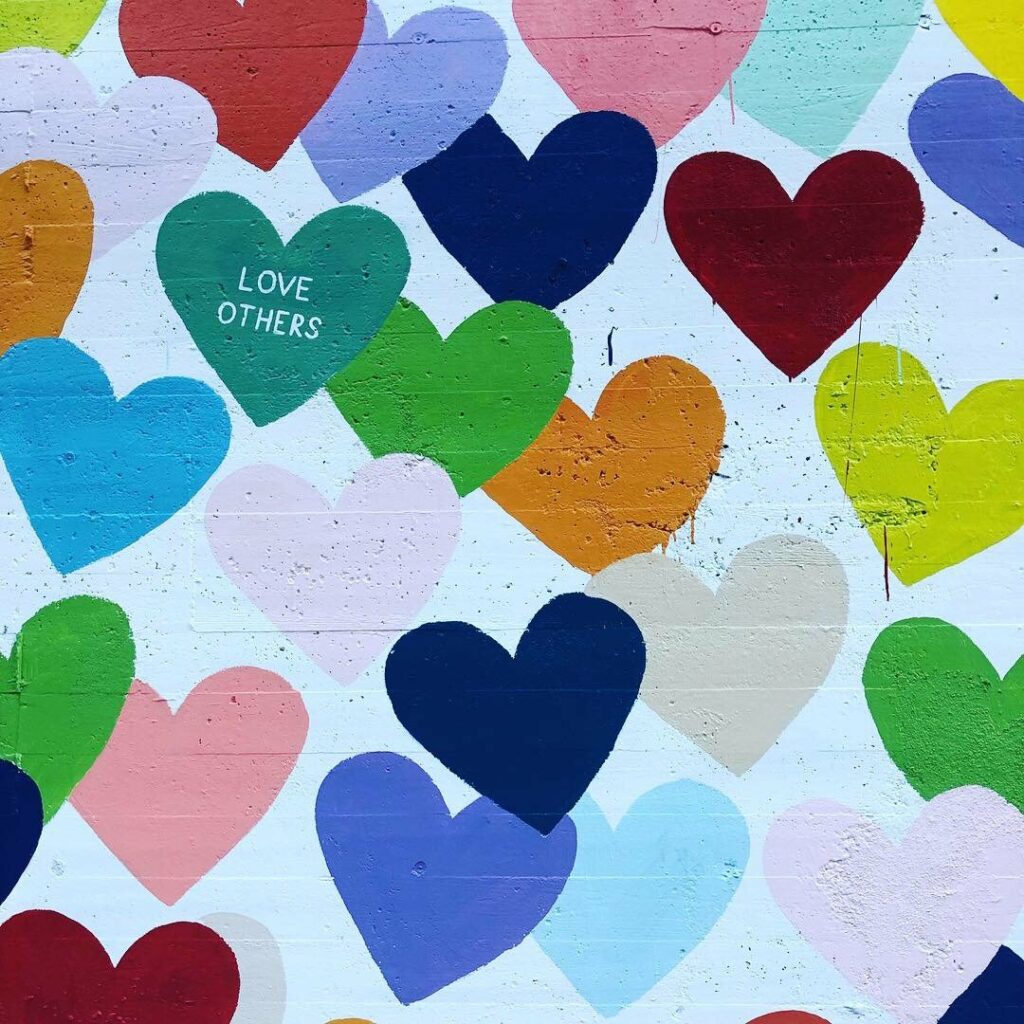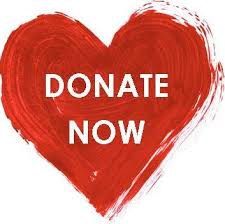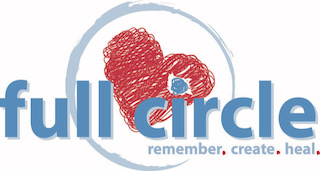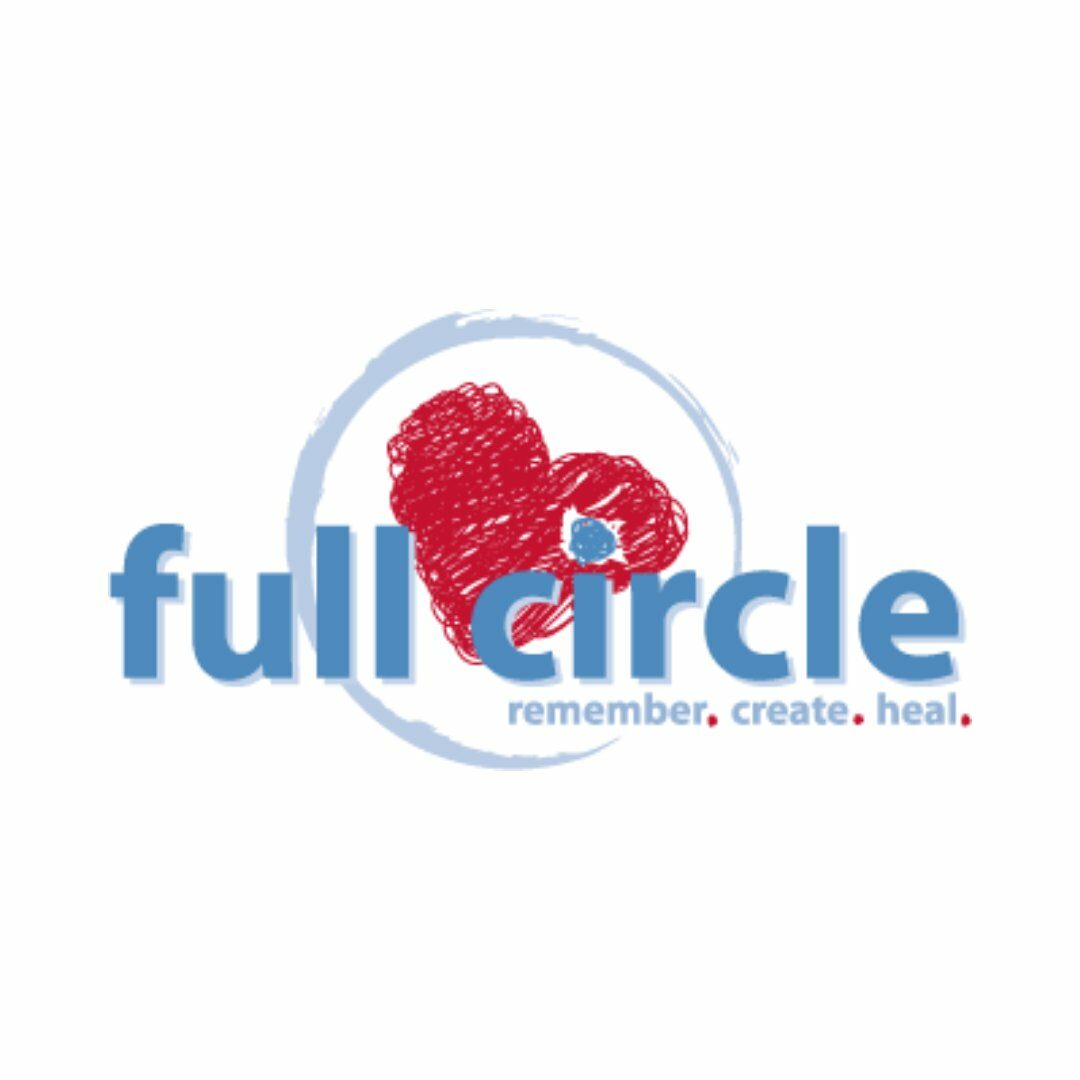Published: April 9, 2020
Social workers are often unsung heroes, and that’s often ok with them. They go about their work in the backgrounds of organizations that are meant to do other things: in hospitals that are meant to save lives, in schools that are meant to educate children. They work in child welfare agencies where the work is so sensitive that they avoid talking about it. In fact, most people don’t even want to think about it; they hear “social work” and say, “OH, I could never do that.” Social workers try to show up with humility while giving their best help to people who are the most vulnerable.

Before I became a social work professor, I did casework in hospitals, child welfare agencies, crisis hotlines, and in the Veteran’s Administration. But now I am in the very privileged place of teaching others about social work while I reflect on, analyze, and research best practices for making the world a better place for the most vulnerable. I have not worked through a pandemic until now. Today I am telling you the stories of my colleagues, my former students, my current students- those I am connected to, like a string of hearts, with our value for social justice serving as a constant thread. I have asked permission to share these stories.
One social worker I hear from is in her first semester of graduate school and is stationed in the emergency room of a New York City hospital, at “ground zero” of the pandemic. Her normally-bright affect is absent. I can see the exhaustion on her face and hear it in the pauses of her soft voice. One small part of her job is helping comfort families after the death of a loved one and preparing for what comes next: a mortuary, a funeral, their hopes for an honorable celebration of life, how they will manage their loss. Now she’s not sure about the procedure, things change every day. The mortuaries are full. How will they gather the remains? It’s not clear. She will figure it out. In some local hospitals, refrigerator trucks hold the overflow of remains of those lost to COVID-19. People say goodbye to dying loved ones through glass windows using walkie-talkies to avoid contamination. All this adds to the weight of the grief in this crisis. Like most social workers, she absorbs some of that grief. In normal times, she would process it with colleagues and supervisors, use self-care strategies, but there’s no time for that right now; the sadness sits with her. She is not only experiencing loss alongside her patients. She is not only afraid to bring home the virus. She is afraid to bring home the pain of patients and their families that she has collected all day long. She is afraid she will pass that on to her young child and her husband. She shares with me that some days she gets home and within an hour is called back- someone didn’t make it to their shift. More coverage is needed. She can hardly say no.
I get an instant message from another social work friend and ask her how she’s doing. She spends her workdays between two group homes; each houses 25 vulnerable men with difficulties stemming from substance abuse. They thrive on structure, some are recently released from prison. But nothing is normal right now. The outings they usually go on, from walks in the park to grocery trips to in-person recovery meetings are all on hold. The men have a limited amount of time to get ready for independence and worry that the pandemic will use up all their insurance-approved treatment time and that they won’t have jobs before they are expected to move out on their own. My friend tries to provide calm and structure within the walls of these group homes. She soothes anxiety and also makes sure all the normal things get done: medication management, daily living skills, online appointments, job search, treatment. She has found them virtual 12-step meetings, but it’s hard right now; they are abuzz with the news of COVID. And congregate care creates the risk of coronavirus spread. I am trying to make lemonade out of lemons every day, she says. Although she would love a good hug from her partner at the end of a stressful shift, my friend is sleeping in the guest room of her house to avoid contaminating him. There is no personal protective equipment (PPE) for her. She has made her own masks from fabric, although she knows it is not a good form of protection.
On the topic of PPEs, a student sheepishly tells me what she has done – she is deeply grounded in ethical practice but emotionally conflicted about how to balance her own care with that of her clients and community. The child welfare agency where she works is providing surgical masks to clients, but not to employees. She took one to use for herself, a disposable she is reusing several days in a row. She doesn’t want her own child to get sick, he has asthma; but still, she feels bad for using a tool meant for clients. She has talked to the agency about protecting workers, and the response from the administration is that they are “working on it.” Bureaucracy moves at a snail’s pace. They quietly condone the workers making “safe choices for themselves,” but avoid direct guidance about what that means in the context of the federally-mandated face-to-face contacts they must make. This student conducts interviews about child abuse on quiet front porches when she can, instead of going into houses, because maybe that’s safer. But minimizing contact is not always possible. Sometimes the call is an emergency, a mother is passed out after an overdose and needs medical care; the 2-year-old needs immediate safety. There’s no avoiding touching the child; not only is it cruel, but the child will also need carrying, buckling in car seats, a tight hug. Child welfare workers do the best they can with what they have, and often what they have is not enough.
Another student sends me an apologetic email. She’s going through a divorce and making a sudden move with her young child. She is currently working from home, but as a supervisor at the substance abuse center, she’s covering her work plus the work of another who is out on emergency leave. It’s hard to balance with her move. Her husband was laid off and will not be able to help with support. She will lose internet access for four days during the transition. It’s “a little chaotic with the move and work and my son at home” and could she have another few days on an assignment, it’s been hard to concentrate. Oh my goodness, who can concentrate right now, I try to tell her. All the real messiness of real life continues for each of the social workers as they provide invaluable services to their communities.
"She tells me that many of the medical staff end up in the social work office - a place they know people will hold space for all their grief. Social workers are not afraid of grief."
I hear from another social worker- a student in a rehabilitation care agency- the kind that we see on the news where outbreaks spread like wildfires and cause a string of deaths. They’ve closed down visits, even though visits are exactly the things that sustain hope for residents in her facility. She’s taken it upon herself to rally the team and find iPads to set up video visits for this group of folks who often have limited technology skills. She’s not sure how it will work, if it will work. She’s building the road as she drives down it. She tells me that many of the medical staff end up in the social work office since all this has started- a place they know people will hold space for all their grief. Social workers are not afraid of grief.
Holding space is just a thing social workers do. It means you can show up here with all the messy feelings. We won’t try to fix you or tell you not to cry or tell you that you shouldn’t feel that way. You can say the things that are not safe to say in other places. We will hold your words with confidence, and just as important, we will not judge you for saying them. We know that feelings are complicated, that they come in waves, that sometimes we just need someone to be with us and our Messy Feelings. We are holding space for a lot of people right now.

Doctors, nurses, respiratory specialists, and so many other emergency providers are still showing up every day to save lives. Social workers are there to make life worth living. They provide hope in the midst of loss, find resources for those who have none. Once the doctors rush out of the room, social workers sit with someone for an hour to conduct an assessment of their psychosocial histories- do they have anyone at home who will help? Will they be able to climb the stairs in their entryway? Are they having thoughts of suicide, and if so, can we talk about the guns in the house? They have all the hard conversations and try to leave the person with a sense of hope that things can, and will, get better.
As the pandemic winds down and hospital admissions return to normal, social workers will continue to pick up the pieces related to the domestic violence and child abuse that spikes during this kind of crisis. About 40% of social workers are employed with government agencies as vital members of public safety-net programs. Social workers will work with those who have fallen into depression and substance abuse. They will facilitate grief groups and individual therapy for the multiple kinds of loss experienced such as jobs, partners, parents, graduation ceremonies, and more. They will help children readjust to school after an extended absence, in some cases spent in chaotic environments. They will help agencies rethink policies and practices, collect and analyze data, and conduct community assessments so that we are better prepared for the next time this happens. They will lead conversations about how agencies can provide trauma-informed care in the face of widespread community trauma. Wise agencies will have a social worker at their tables during strategic planning to help think through the disparate impacts of this pandemic, and how to do better at ensuring equitable outcomes for vulnerable populations. As a fast-growing occupational path, social workers provide the majority of mental health services in our country and will be a vital part of our recovery.
And yet, social workers are often last in line for PPEs, for extra resources, for accolades. They are missing from the memes that say we should forgive all student loans, give raises to all the medical professionals when this is over, despite the fact that they are paid among the lowest of the essential health professionals. Still, they come up with resources out of nowhere, through a search of their electronic Rolodex of community agencies and personal contacts with whom they’ve nurtured relationships for a time just like this. You need iPads? You need a motel room, a bus voucher? You need a list of people to call in an emergency, a drug rehab that’s still accepting admissions? You need someone to talk to about the thing that happened that nobody else believes? Those are the things that social workers do. They are unsung heroes, and this is the reason for my love letter to social workers.
If you know one, add them to the list of heroes of the pandemic, and please thank them for their miraculous work (from six feet away).



